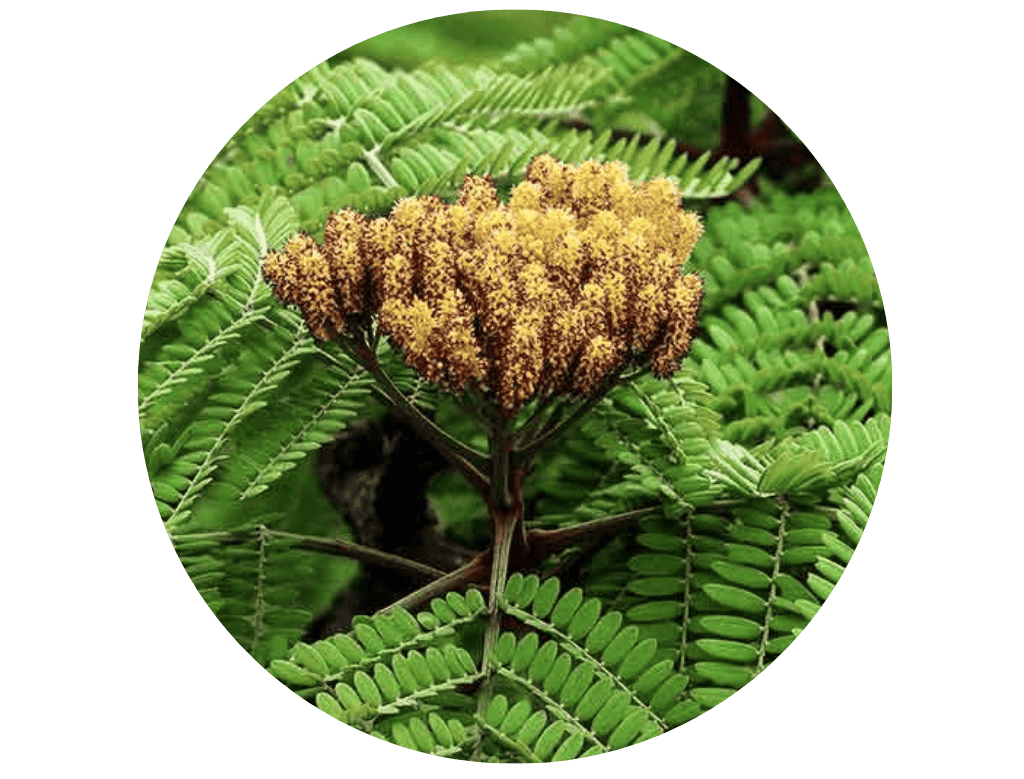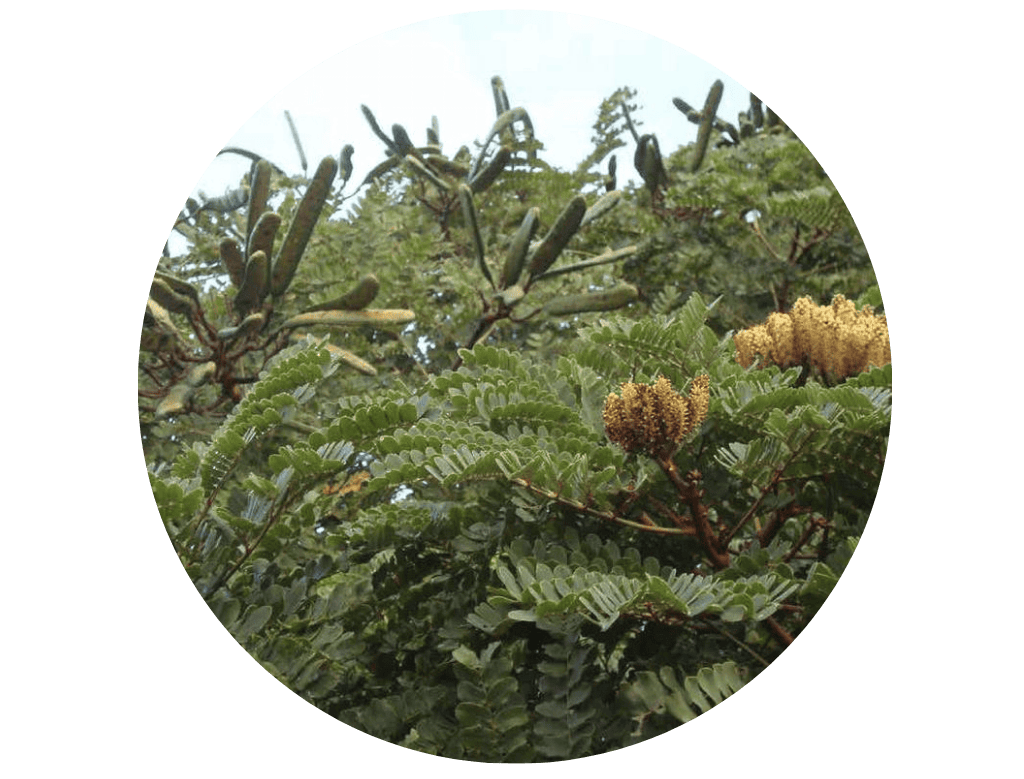Quercetin Dihydrate
Originally identified in 1857, as part of the flavonoid family, Quercetin helps reduce inflammation by reducing cytokines, and reducing oxidative stress.
Quercetin exerts powerful anti-inflammatory effects, mainly by inhibiting COX and LOX enzymes, and maintaining the stability of mast cells.
Specifically it can reduce inflammation by inhibiting the activation of p38 mitogen-activated protein kinase, extracellular signal-related kinases (ERK1/2) and nuclear factor kappa B (NF-kB). Lowers TNFa and IL-6, inhibits neutrophil infiltration, promotes apoptosis of activated neutrophils, reduces plasma levels of inflammatory cytokines.
It is commonly found in green tea, berries, capers, tomatoes, onions, honey and apples. Highest concentration is found in capers. The US averages 15 mg/day consumption in food.

Has unique biological properties that may improve mental/physical performance and reduce infection risk.
Commonly known as an immune booster, anti-inflammatory, anti-viral, anti-carcinogenic, anti-viral, anti-aging, and helps with blood pressure, exercise performance, rheumatoid arthritis, inflammatory bowel disease, multiple sclerosis, and liver disease.
Some studies show that daily quercetin after intense exercise can prevent upper respiratory tract infections
1,000 mg/day resulted in significantly reduced post-exercise measures for both inflammation & oxidative stress, successful reduction in illness rates in athletes who exercised
It works as an antiviral by inhibiting expression of NLRP3 & lysate cysteine protease 1, and prevents THP-1 macrophage apoptosis. Quercetin also the ability to inhibit the initial stages of virus infection, interact with proteases important for viral replication & reduce inflammation caused by infection
It works as an anti-carcinogenic by inhibiting activation of NLRP3 inflammasomes, inhibits TLR2/MyD88/NF-kB and ROS/p-AMPK pathways. NLRP3 is affected by Nrf2, TXNIP and SIRT1. Thereby weakening oxidative stress responses & inhibits degradation of cartilage extracellular matrix. Through inhibiting cancer cell proliferation, inducing apoptosis, inducing autophagy of cancer cells, regulating signaling pathways, Quercetin has the ability to inhibit its invasion and metastasis, also enhances chemotherapy sensitivity and reserving drug resistance.
It helps with preventing aging by reducing shear force in muscle & increase myofiber rupture index by Bip, caspase-3 activity, and p-IRE1/IRE1 and Bax/Bcl-2 ratios improved. It also selectively removes aging endothelial cells.
It helps with blood pressure by the PI3K/AKT/mTOR signal pathway which is involved in quercetin-induced autophagy & apoptosis.
It helps with liver issues by downregulating the conversion of growth factor-B/Smad3 signal pathways, and helps to prevent liver fibrosis. Reduces expression of promine genes.
Dose: Up to 1,000 mg daily
Side effects: Headache, upset stomach, nausea, vomiting, diarrhea

Side effects: Headache, upset stomach, nausea, vomiting, diarrhea
Keywords: Anti-Inflammatory, Immune booster, Anti-viral, Anti-carcinogenic, Anti-Cancer, Anti-Age, Blood pressure, Exercise performance, Rheumatoid Arthritis, IBD, MS, Liver,
Links:
General Information: https://pmc.ncbi.nlm.nih.gov/articles/PMC4808895/
https://www.frontiersin.org/journals/immunology/articles/10.3389/fimmu.2021.689044/full
https://www.healthline.com/nutrition/quercetin
Study for post-exercise: https://pubmed.ncbi.nlm.nih.gov/19927026/
For Rheumatoid Arthritis: https://pubmed.ncbi.nlm.nih.gov/27710596/
https://pubmed.ncbi.nlm.nih.gov/29197723/
https://pubmed.ncbi.nlm.nih.gov/29149703/
https://pubmed.ncbi.nlm.nih.gov/31691375/
https://pubmed.ncbi.nlm.nih.gov/32216502/
https://pubmed.ncbi.nlm.nih.gov/30596535/
For IBS: https://pubmed.ncbi.nlm.nih.gov/28117024/
https://pubmed.ncbi.nlm.nih.gov/16132362/
https://pubmed.ncbi.nlm.nih.gov/9472728/
https://pubmed.ncbi.nlm.nih.gov/23970425/
https://pubmed.ncbi.nlm.nih.gov/25281414/

